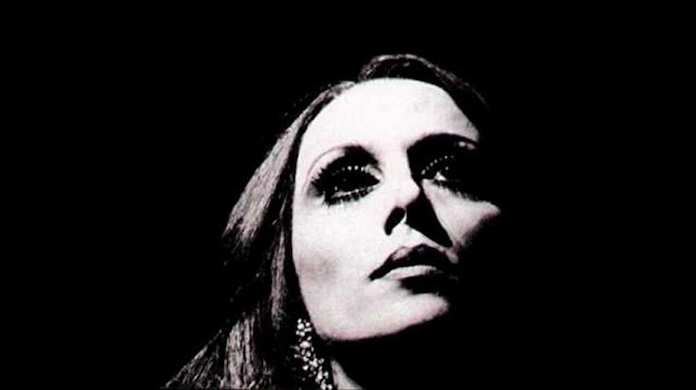Queen of the Arab world: Who is the Lebanese artist Fairouz?
Supporting social issues with her art, Fairuz is an artist who has often refused to give private concerts to state elders. Fairuz, one of the first names that come to mind when Arabic music is mentioned, is known as the turquoise-voiced queen of the Arab world.

Fairuz, real name Nouhad Haddad, was born on 21 November 1935 in Jabal Al Arz, Lebanon, the first daughter of Wadi Haddad from Mardin and Liza Alboustani from Lebanon. Fairuz's family, who are Syriac Orthodox Christians, has a story that stretches from Mardin to Beirut.
Fairuz was selected for the Lebanon Radio Choir with the help of songwriter and composer Mohamed Flayfel and met Assy Rahbani and Mansour Rahbani brothers through radio director Halim Elrumi. The Rahbani brothers, who are songwriters and composers, also rearranged traditional Arabic songs and some Western music pieces. Fairuz commented on the work of the Rahbani brothers after this meeting.
Nouhad Wadie' Haddad (born November 21, 1934), known as Fairuz is a Lebanese singer. She is considered by many as one of the leading vocalists and most famous singers in the history of the Arab world. Fairuz is considered the musical icon of Lebanon and is popularly known as "the soul of Lebanon".
Known for their good music in Arab and Western society, the Rahbani brothers began to compose songs that Fairuz could interpret. "Nehna Wel Amar Jiran", one of the most well-known songs of Fairuz nowadays, is her debut song with the arrangement of the Rahbani brothers.
She married Assy Rahbani, one of the Rahbani brothers, in July 1955 and moved to Antelias, north of Beirut, with her husband. A year later, their son, Ziyad, was born.
Fairuz's work with the Rahbani brothers achieved great popularity in the Arab world and had a significant impact in the West. Fairuz, who had a very successful tour in the West in 1971, gave concerts at Carnegie Hall in New York, Albert Hall in London, and Olimpia in Paris.
Fairuz, the queen with a turquoise voice, only gave a concert in front of the masses. She always refused to give private concerts in front of state dignitaries. This made her more accepted and loved by the society. Fairuz has always spoken with a velvet voice in her songs to resist people in the Middle East, to embrace life with all her hands, and to stand upright in the face of injustice. Her words and songs for Palestinian children spread among the people of the region.
During a concert she gave in Paris in 2002, the following sentences came out of Fairuz's mouth;
Still, one day I will see the freedom of the Palestinian people and the laughter of the children.
In 2015, Fairuz's life was also the subject of a French documentary film. The unknown aspects of the 82-year-old artist's life were shown to Lebanese with this film. The return of Fairuz, who had to leave the country during the civil war, was a beacon of hope for the Lebanese.
In her songs, instruments such as ud, bendir, and qanun we heard in Middle Eastern music were not just; she also included timbres that would appeal to the Western world, such as the cello, violin, and piano.
